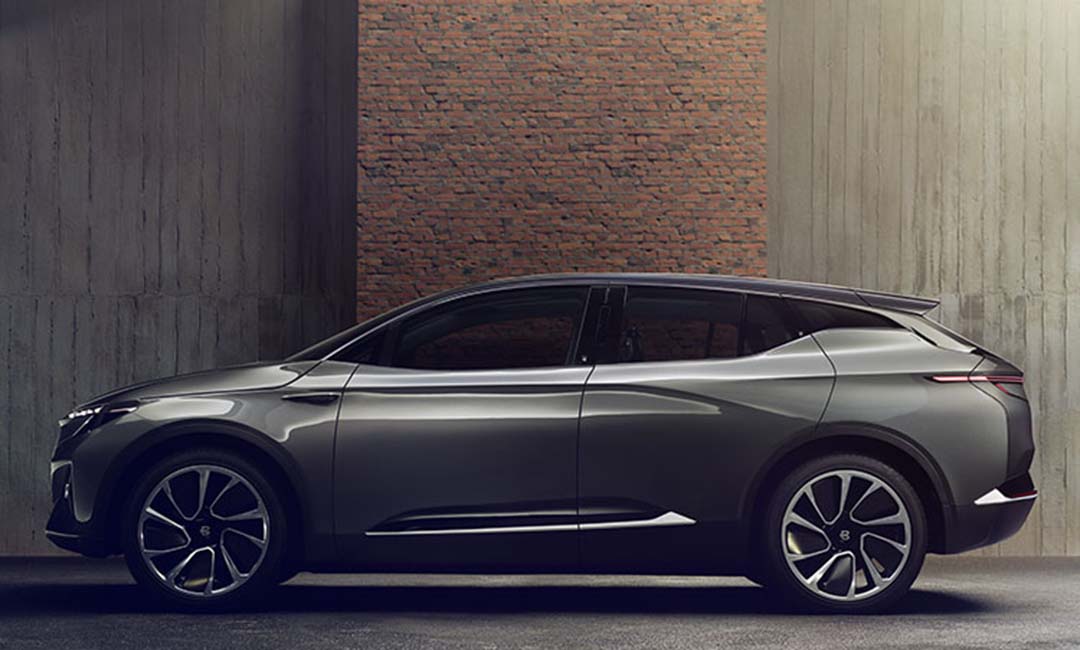Byton, a Tesla competitor which claims its concept SUV costs 40% cheaper than a Tesla Model X, announced to have closed a USD 500 million Series B round led by FAW, China’s oldest automaker, with participation from CATL, the world’s largest maker for EV batteries, as reported exclusively by China’s biztech media and KrASIA parent, 36Kr on Monday.
Byton, formerly known as Future Mobility, was founded in Nanjing in 2016 and is led by former BMW executives Carsten Breitfeld and Daniel Kirchert. Future Mobility counted Tencent, Foxconn, and Suning as backers.
Its SUV model, showcased in January this year at the Consumer Electronics Show in Las Vegas, has features including facial recognition and hand gesture controls. The EV maker plans to start the sales of the SUV, which is projected to be 40% cheaper than Tesla’s SUV Model X, next year.
A Reuters report stated that FAW had agreed to invest USD 260 million in Byton’s Series B round last May, which was expected to be worth about USD 500 million in total. The two companies planned to cooperate in product development, sales, and services.
Another investor in the round, CATL, is the world’s biggest EV battery maker. The company just debuted in Shenzhen on Monday with a market capitalization of USD12.3 billion. Through the deal, Byton could profit from expanding upstream of the supply chain.
Promising EV market:
China is the largest EV market, thanks to the booming economy, the rising awareness of environmental issues, and supportive government initiatives. The sales of plug-in cars, or New Energy Vehicles, had beaten all of last year’s expectations, with 605.5k plug-in cars sold in China, up 73% when compared to 2016, according to EV-Volums.com, a global database for EV sales.
In light of that, several Chinese EV makers emerged to take the opportunities to challenge traditional automakers with their concept cars which are promised to have better internet connectivity and digital devices incorporated.
Front runners in the field include Xpeng Motors, NIO, and WM Motor, which are all backed by Chinese tech giants. Alibaba has led two rounds of investments in Xpeng, while Tencent and Baidu have invested in both NIO and WM Motor.
Read more about Chinese EV makers:
Editor: Jason Zheng
